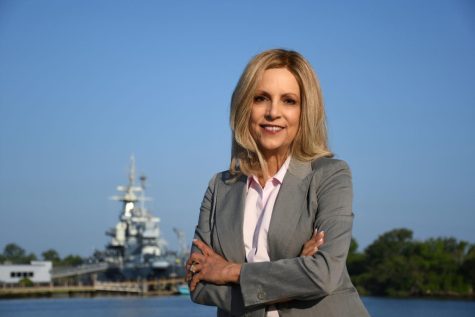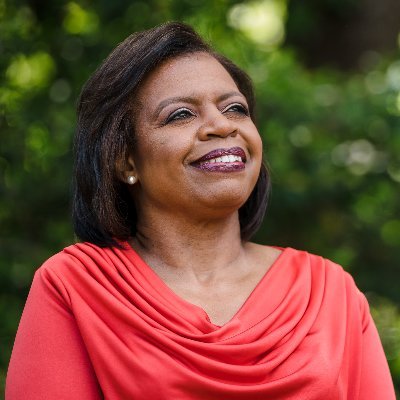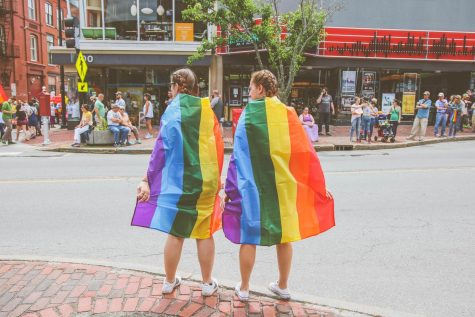OPINION: SGA needs to reform its campaign process
The Student Government Association (SGA) announced its 2021-2022 winners for student body president and vice president following the first run-off in 15 years. Robby Fensom and Thomas Wilson won a tight race that spoke more about the election process through which they were elected than either campaign itself.
Before the run-off election victory of the Fensom-Wilson campaign, neither Fensom nor his opponent Kyle Glover received a majority of the votes to be elected student body president, tying with a total of 566 votes for both campaigns. The uniqueness of this circumstance has overshadowed a much more disappointing fact about this result. Over 17,000 students are enrolled at UNCW, meaning roughly 1/17 of all students voted in this election.
While we consider our election participation rates in the United States disappointing, roughly half of the country still votes for its president every four years. UNCW’s student participation rate is abysmal and it has no reason to be. Understandably, students are busy during this time of the year with midterms wrapping up and summer break or graduation on the mind, but you would think there’s plenty of time throughout the semester for campaigns, learning about the candidates, and voting, right?
Well, if you think a week is long enough to campaign then you would be right. If not, then it becomes clear why voter participation is so dreadful. This year campaigning began on Monday, March 8 at 12:01 a.m. and finished on Wednesday, March 17 when polls closed at 4:00 p.m.
Not only is this not enough time for students to get familiar with each candidate and their views, but it is also not enough time to even know an election is happening in the first place. It is on voters to participate in school elections and far too many simply abstain from voting because they don’t care about the results. However, just as many students would be inclined to vote if the process was made clearer and the time to campaign was expanded.
With as limited resources as university campaigns typically have, the outrageously short time allotted to appeal to voters heightens those limitations and limits the potential and exposure each has. With so little time to campaign, elections tend to resemble little more than a popularity contest or a test of social media savvy, which should come as no surprise.
This doesn’t even take into account how SGA elections have been particularly succinct at weeding out non-experienced candidates. According to the SGA’s spring elections information packet, anyone in good standing with the university in addition to a few other caveats has the ability to run for office.
It would seem then that the limitations on non-SGA members from running come not from any regulatory limitations put in place, but instead an overarching ambivalence amplified by a limit in resources and most notably time.
Now, experience is hardly a bad thing, and it is great to see the wide variety of talent that we have in student government that takes an interest in the health of our school. But the limitations put in place by a stifling campaign process limits the potential for a diverse swath of candidates that may be more attuned to a majority of students.
While SGA elections are not likely to exceed turnout felt on a national level, it is nonetheless disappointing that measures are not being taken to increase voter turnout at all. While students have a responsibility to make their voices heard, the SGA has a responsibility to do the same for their candidates. I do not think anyone in student government or otherwise could justify not even two weeks’ time to fully get those voices out there.











